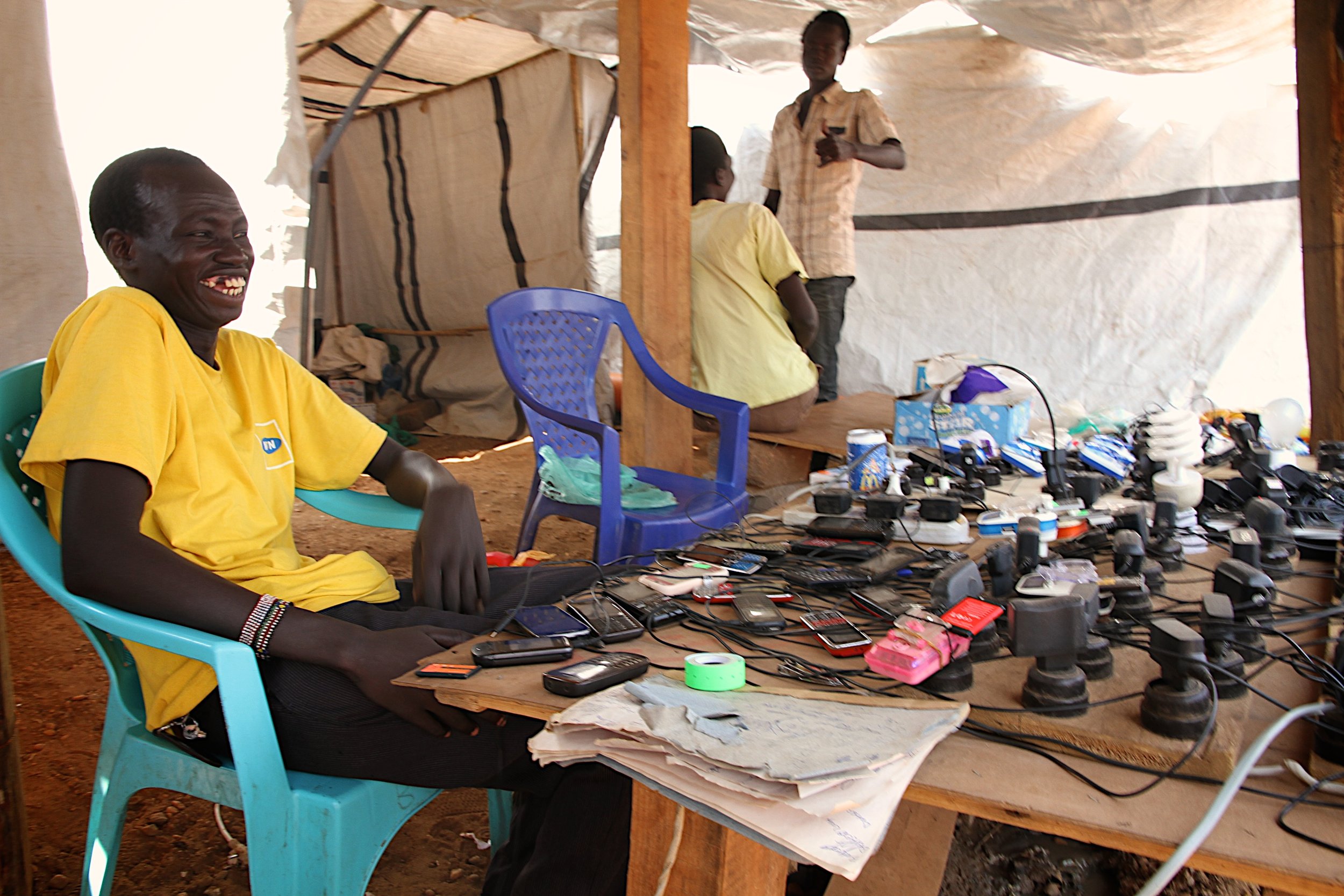How Mobile is Disrupting Development
 A few weeks ago, best-selling author and Singularity University co-founder, Peter Diamandis, sent out an email newsletter titled, “Mobile is eating the world,” where he calculated that an estimated three to five billion people will connect to the Internet via smartphones in the next five years, effectively democratizing access to the Internet. (You can see the presentation by venture capital firm Andreessen Horowitz that inspired the post here.)
A few weeks ago, best-selling author and Singularity University co-founder, Peter Diamandis, sent out an email newsletter titled, “Mobile is eating the world,” where he calculated that an estimated three to five billion people will connect to the Internet via smartphones in the next five years, effectively democratizing access to the Internet. (You can see the presentation by venture capital firm Andreessen Horowitz that inspired the post here.)
What does this mean for international development and humanitarian aid? Well, for starters, it means that projects can now be designed with the direct input of beneficiaries. Real-time monitoring will let us adjust approaches when things aren’t working and open source standards will lead to more people creating more solutions, solving what have seemed like intractable problems in record time.
At the end of 2014, it was estimated that there was one mobile connection for every person on the planet. In June 2014, mobile Internet penetration in sub-Saharan Africa was at 38% and growing at 7% a year. By 2020, half of all mobile connections in the region will be using data; mobile traffic in sub-Saharan Africa is increasing at double the global rate.
This means that development, like mobile, is democratizing – a shift that will disrupt the organizations that are heavy on international staff and a shift that will favor smaller non-profit and social business start-ups that respond to people’s changing needs more quickly. So get ready for the status quo of foreign experts to shift towards DIY development – and it’s going to happen fast.
For the last year and half, in anticipation of this trend, we’ve been working on how to take a very successful analog development onto a mobile platform. It started with a conversation with a friend, development economist, Courtenay Cabot Venton who is the International Director at a US non-profit called One Hen. She’d just finished evaluating a microcredit program run by Tearfund in Ethiopia and was deeply impressed by the results, which showed benefits worth over $100 to the community for every $1 spent running the program. We started talking together about how to take the approach to scale using mobile and put a proposal together that quickly got support to pilot the idea.
The idea of taking a successful program and adapting it to mobile is one way to answer the persistent challenge of scaling in development projects. What if we could create a version of the program that could be run entirely by smartphones? What if facilitators could be trained on their mobile devices and assisted in running meetings and collecting data for monitoring and evaluation? Easier said than done, of course – but that’s the point of the ICT4D principles: build with your users, test, get feedback, improve and repeat. Soon, we’ll have a tool to seed microsavings groups from scratch anywhere in the world – no outside support, capital or programming required.
This is what is so powerful about mobile: it puts the tools of development directly into the hands of the people who need them, allowing them to decide their own priorities and make their own choices about the kind of community they want to build and the kind of local improvements and initiatives they want to undertake. It’s not about creating new technologies, but about giving people free and open access to what we already have – and what we already know works. This is the potential of mobile, as we see it – to reach where traditional projects have not been able to go, easier, quicker and for a fraction of the cost. With mobile, development finally has a chance to scale where it’s needed most.
Thanks for reading! For more information about our work with mobile education, ICT4D and the Self-Help Group app, email info@codeinnovation.com. You can subscribe to future updates from Code Innovation here.
